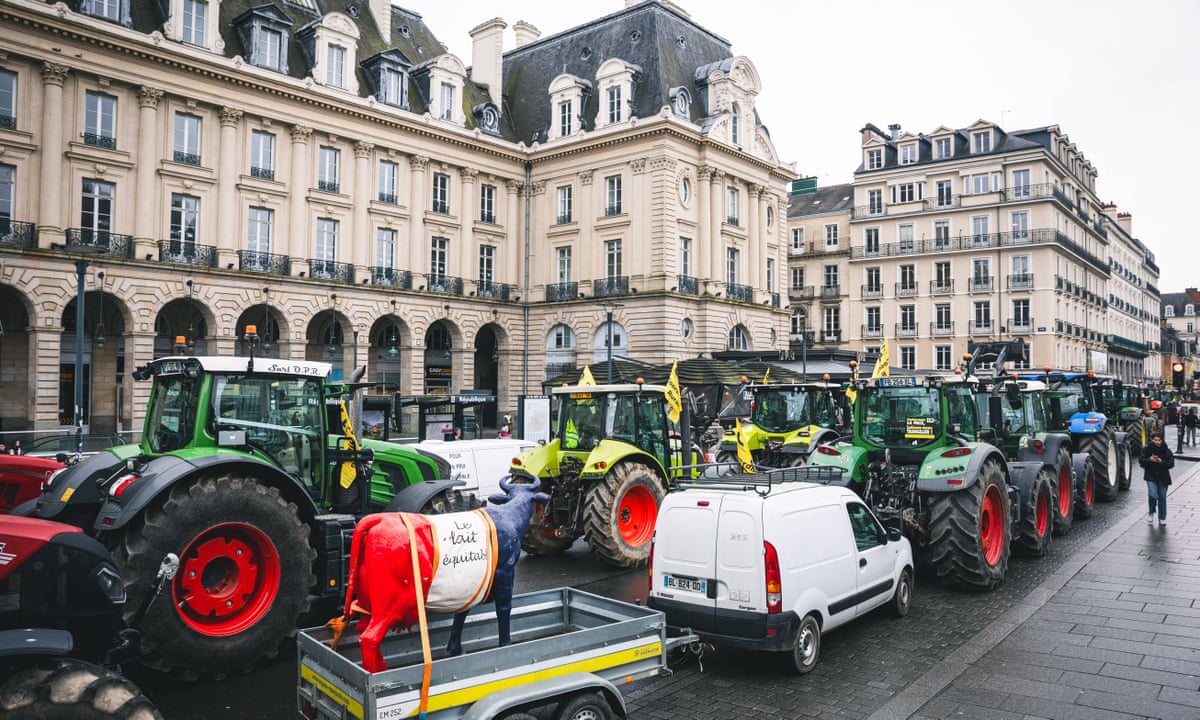In 2024, the French government introduced a new agricultural subsidy reform aimed at promoting sustainable farming practices and supporting small-scale farmers. This reform has significant implications for wheat and dairy farmers in the Loire Valley, a region known for its diverse agricultural production. The changes in subsidy allocation are reshaping farming strategies and economic planning for these farmers.
Key Changes in the Subsidy Program
The 2024 subsidy reform focuses on rewarding environmentally friendly farming practices and reducing reliance on intensive farming methods. For wheat farmers, subsidies are now tied to crop rotation, soil conservation, and reduced chemical input use. Farmers who implement these practices are eligible for increased payments, while those continuing conventional farming methods may see reduced financial support.
Dairy farmers in the Loire Valley are also affected by the reform, with subsidies now linked to animal welfare standards and sustainable pasture management. The new policy encourages farmers to adopt practices such as rotational grazing, organic feed usage, and reduced antibiotic treatments. In return, farmers receive financial incentives to offset the higher costs associated with sustainable dairy production.
Impact on Wheat Farmers
Wheat farmers in the Loire Valley are adapting to the subsidy changes by adopting crop diversification and soil health practices. Many are introducing legumes and cover crops into their rotations, which help maintain soil fertility and reduce the need for chemical fertilizers. These changes not only align with the subsidy requirements but also improve long-term soil health and productivity.
However, some farmers express concerns about the financial burden of transitioning to sustainable practices. The reform requires initial investments in new equipment, seeds, and training, which may pose challenges for small-scale farmers with limited resources. To address this, the government offers grants and technical support to assist farmers in making the necessary adjustments.
Impact on Dairy Farmers
For dairy farmers, the subsidy reform emphasizes animal welfare and sustainable milk production. Farmers who meet the new standards, such as providing outdoor grazing access and implementing health monitoring programs, receive additional subsidies to support their operations.
This shift has led many dairy farmers to adopt pasture-based systems, which are more environmentally friendly and improve milk quality. The subsidies make it financially viable for farmers to reduce herd sizes and focus on quality over quantity, contributing to the overall sustainability of dairy farming in the Loire Valley.
Long-Term Outlook
The 2024 agricultural subsidy reform is driving significant changes in farming practices in the Loire Valley. By incentivizing sustainable agriculture, the government aims to enhance environmental stewardship while supporting farmers’ livelihoods. While the transition poses challenges, particularly for small-scale farmers, the long-term benefits include improved soil health, animal welfare, and the economic resilience of the region’s agricultural sector.






















